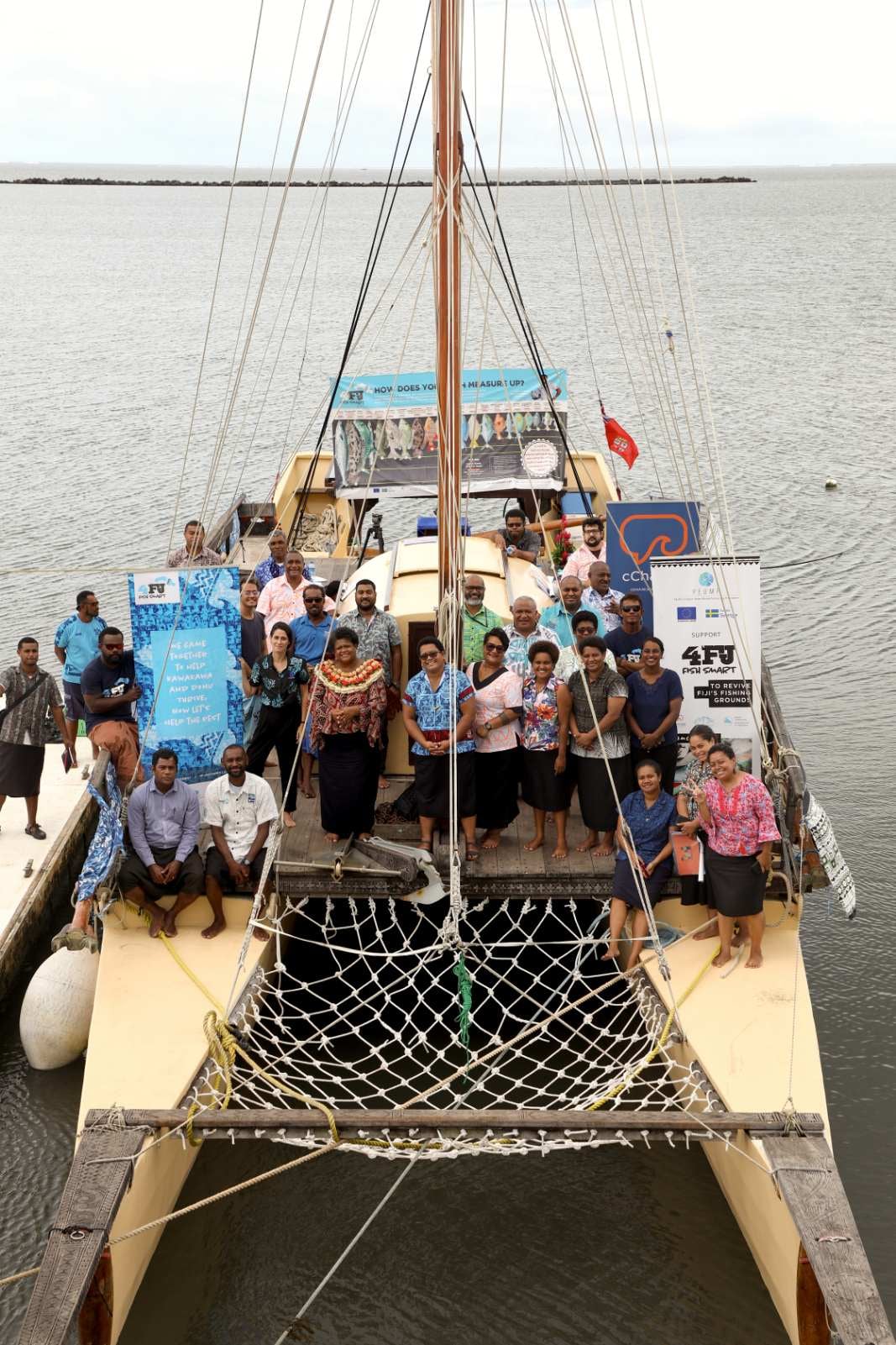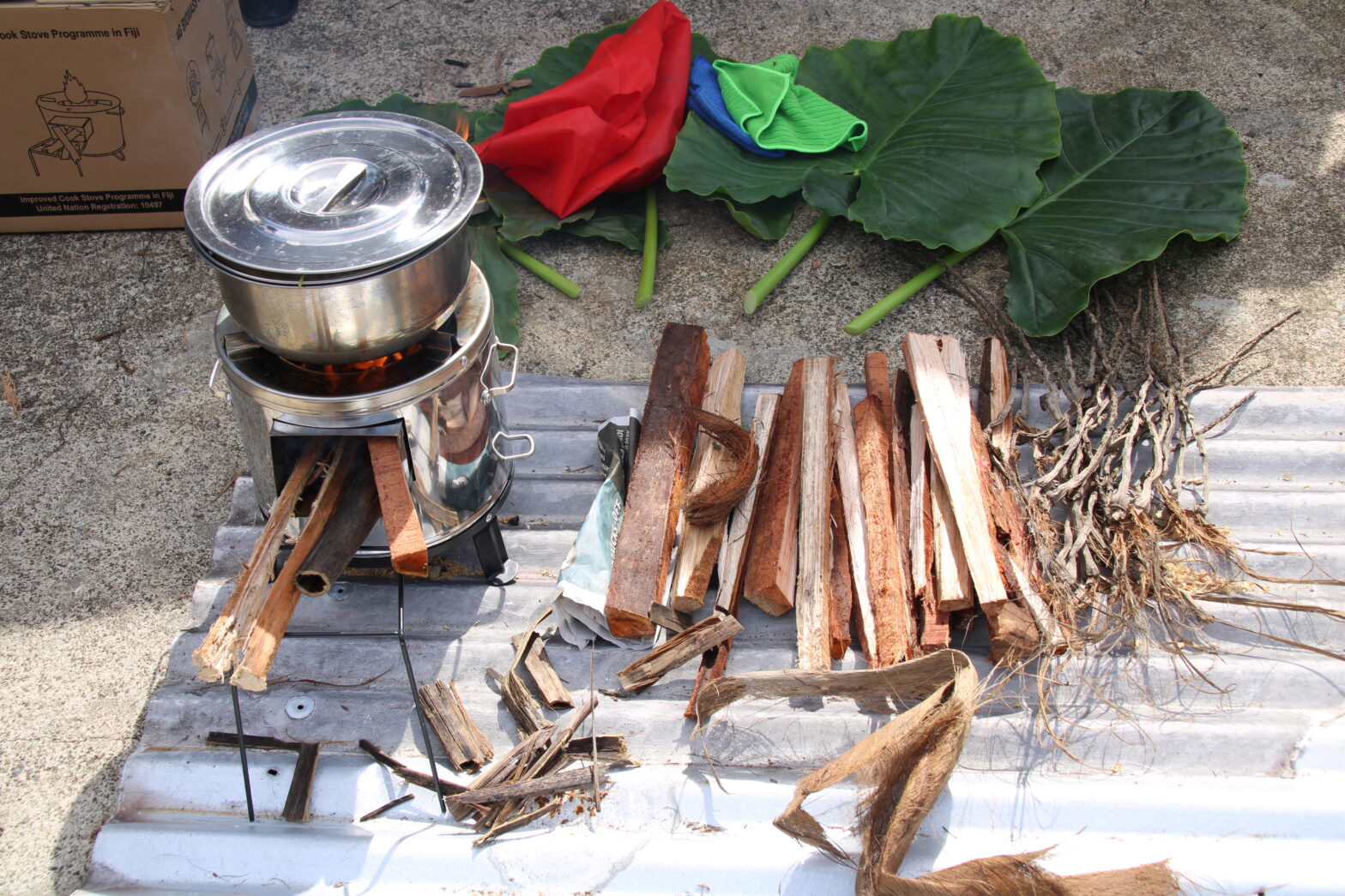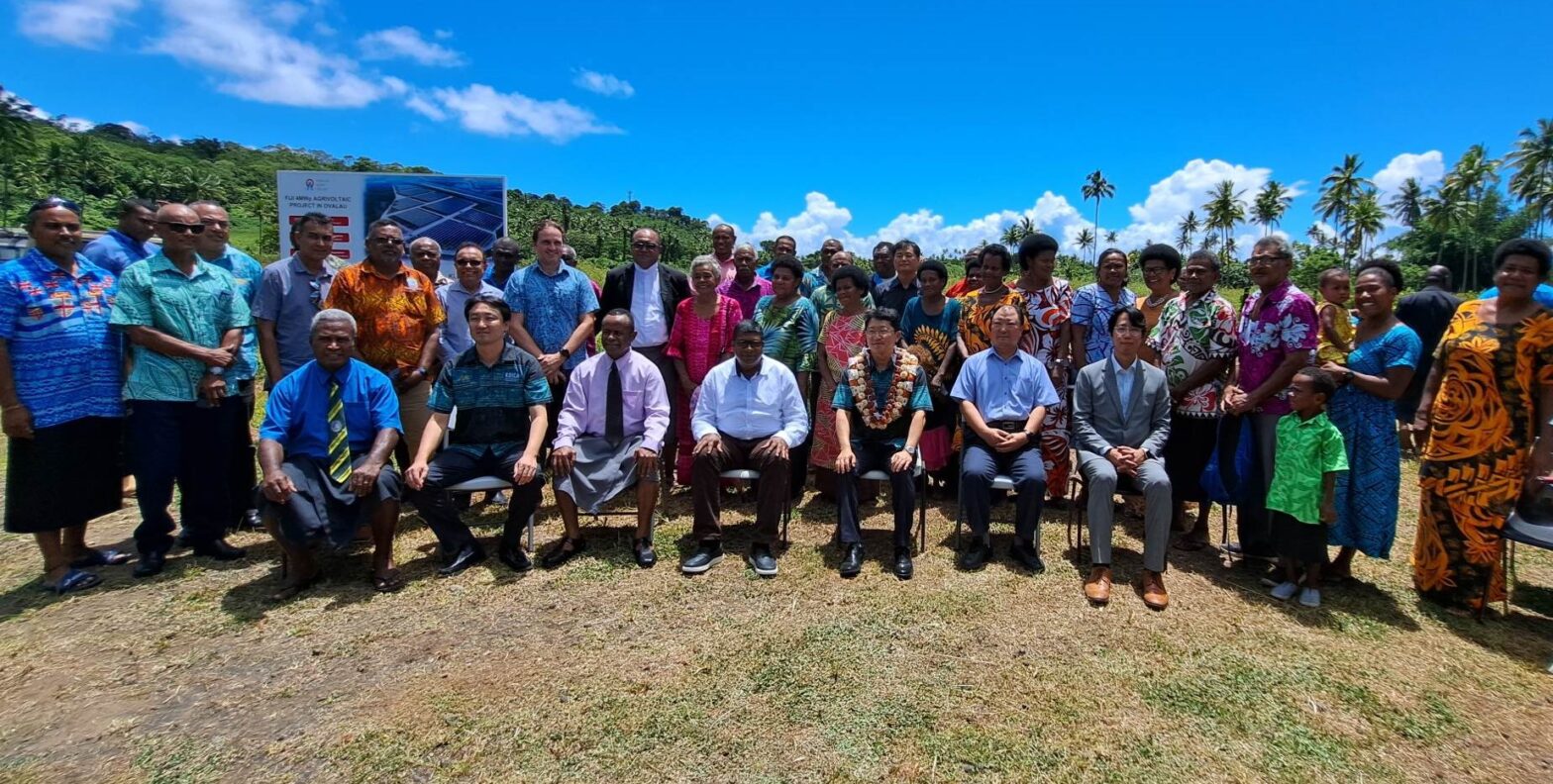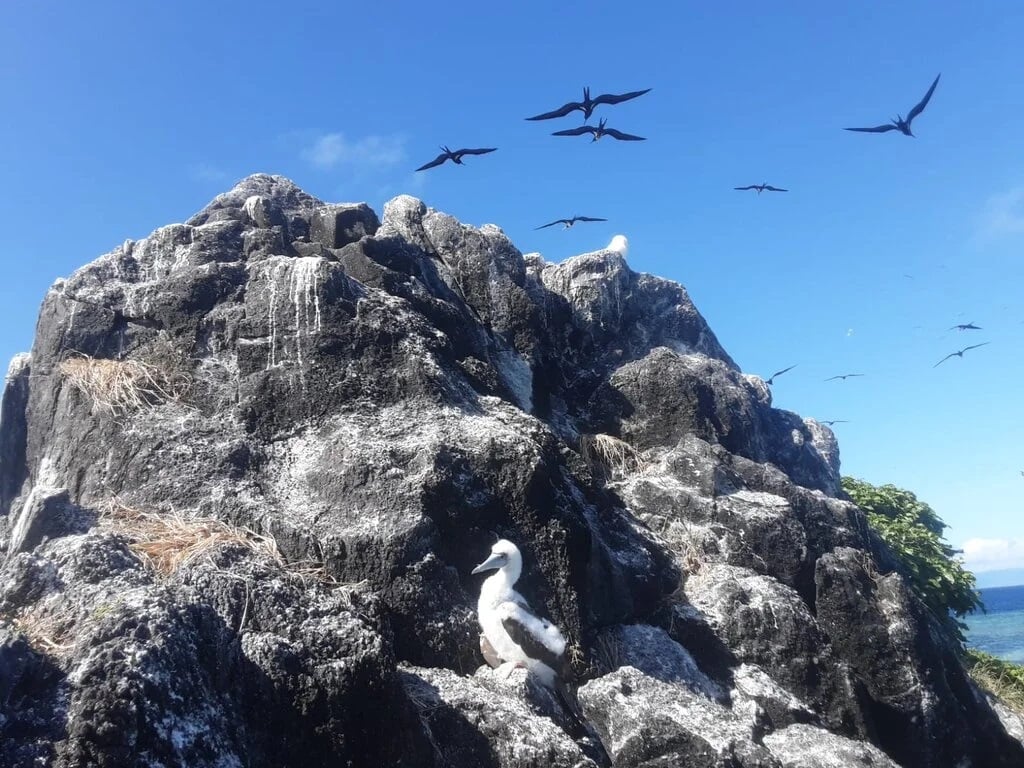A new tool to provide fishing communities in Fiji with information on how to avoid undersized fish and comply with Fiji’s coastal fisheries regulations
Coastal communities in Fiji that depend on the fishing ground as a key source of their livelihood are seeing fish catches getting scarce and sizes decreasing, impacting their food source and income.
A video published by cChange highlighted the challenges faced by local fishermen. The video featured a fisherman from Naduri in the province of Macuata in Fiji who has seen changes in his catch over the past years.
Ratu Pita Rokotola Katonivualiku said the coastline was rich and abundant with fish, but this is no longer the case.
“We used to catch big fish like Saqa, Walu, Ogo, Delabulewa, very big size– Donu, Soisoi and Moala. But today it’s very hard to find them,” Katonivualiku said.
He said the increase in the number of fishermen in the area is the reason that the fish don’t grow any bigger.
“They can’t grow any bigger because they are caught too early.
“When we look at our fishing ground and the size of fish sold, they are not the sizes of fish that we used to sell. They are getting even smaller.”
To address the issues raised by the fishermen, Fiji’s Ministry of Fisheries launched a toolkit that provides access to information that will improve food security and the livelihoods of coastal communities who depend on the fishing ground.
The 4FJ Fish Smart toolkit provides communities with information on how to avoid undersized fish and comply with Fiji’s coastal fisheries regulations.
Fiji’s Deputy Secretary for the Ministry of Fisheries, Atelaite Rokosuka said the toolkit will help address challenges faced by fishing communities in Fiji.
“The decline in fish stocks in our fishing ground poses a threat to our culture, our tradition and our way of life,” said Rokosuka.
She said the toolkit launched in eight fishing communities is part of an innovative national information strategy to empower all communities to access information to better manage their fishing grounds.
“And that’s the core objective behind the 4FJ Fish Smart campaign, to find cost-effective information pathways to empower all communities to better manage their fishing grounds,” she said.
The 4FJ Fish Smart toolkit includes illustrated booklets that promote community discussions, posters which share minimum sizes of fish, videos, and podcasts.
The toolkit includes a 4FJ Fish Smart app that shares legal sizes for common food fish, the Set Sizes, which are the recommended minimum sizes of fish that should be in the water and at the market and banned marine species that should be completely avoided.
The toolkit also includes a ban factsheet in multiple languages and a buyer’s guide on species that are included in the ban.
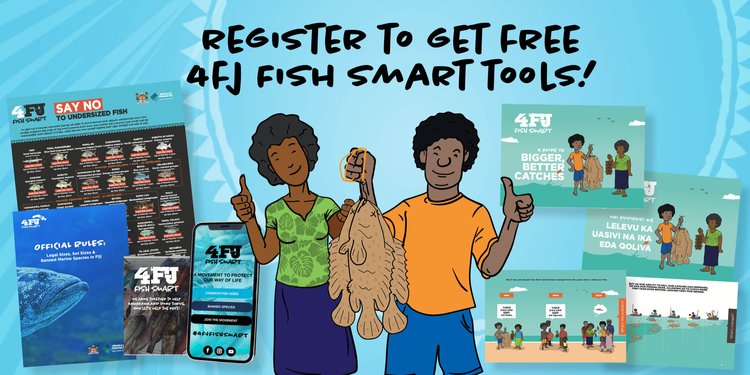
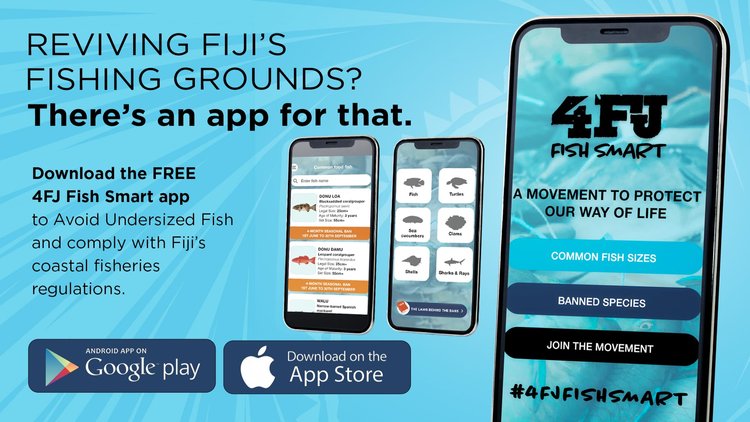
cChange Manager, Mafa Qiolele said the toolkits are broken into rural and urban tools.
“The rural tools are built around a simple presentation that you will find in the 4FJ Fish Smart guide to bigger and better catches. The first one is the booklet that is in English and iTaukei language that introduces to the target audience. It shares fishing rules and practices to reverse declines,” Qiolele said.
She said the tool is encouraging people to get connected with the campaign.
“The tools are jargon-free explanations of overfishing and fisheries management that resonate with the lived experience in Fiji and are designed to help promote opportunities for discussion.
“This is the Fijian way, to work out issues together through discussion. The tools are designed to not just inform but promote group reflections, including worksheets to host their own discussions.”
Fisherman, Sanaila Rokotuivuna of Dawasamu district said the campaign will assist his community to better understand the methods of fishing.
“I fully support this campaign to be taken to our respective communities so that we are informed about the wrong fishing methods that we have been practicing,” Rokotuivuna told Fiji One News.
cChange developed these tools with funding from the Pacific-European Union Marine Partnership (PEUMP) and the Embassy of Sweden in Bangkok and through Oceans 5 and Bloomberg Philanthropies Vibrant Oceans Initiative.

